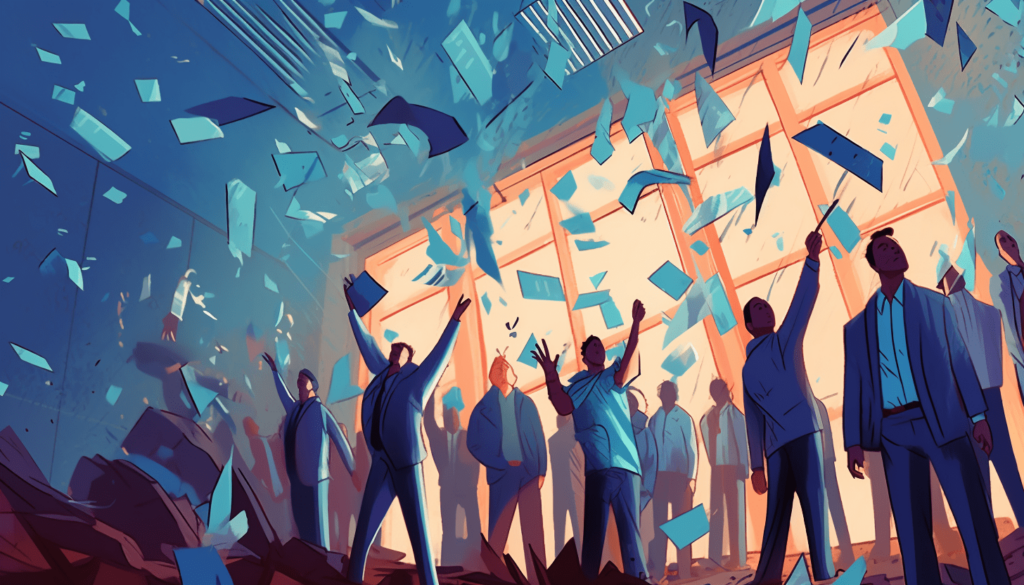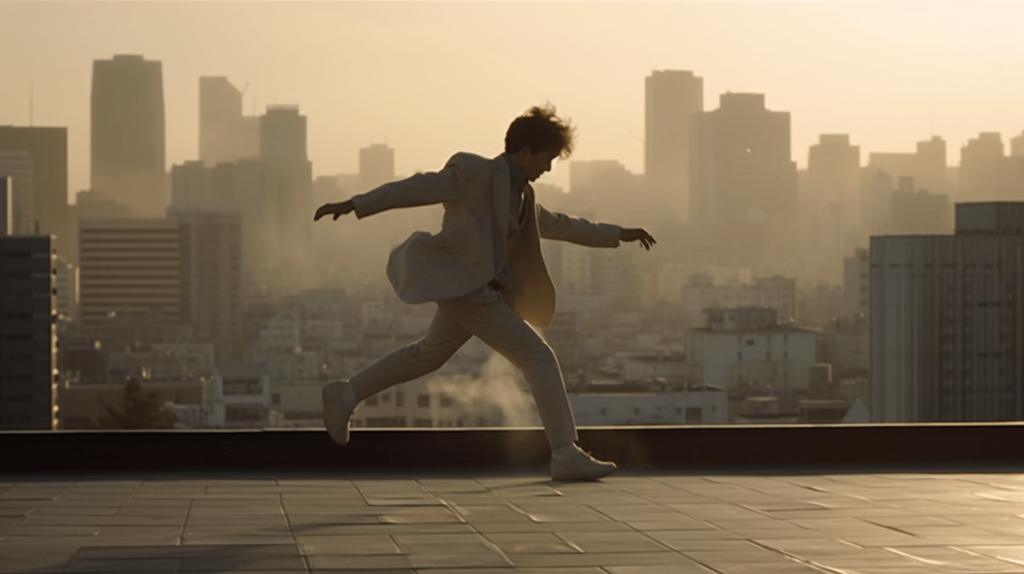Non-fungible tokens (NFTs) have transformed the art world, providing creators with new opportunities to monetize their work and establish digital ownership. While this technology has numerous benefits, the rise of NFT art generators has sparked a debate regarding their ethical implications and potential impact on the art market. In this article, we’ll explore the ethical considerations surrounding NFT art generators and consider how they may influence the world of art.

Understanding NFT Art Generators
NFT art generators are online tools or platforms that allow users to create digital art pieces, often using algorithms or pre-existing templates, and mint them as unique NFTs. These tools can facilitate the creation of NFT art quickly and easily while minimizing the barriers to entry for new artists. However, as NFT generators gain popularity, concerns surrounding their impact on artists and the art market have emerged.
Authenticity and Artistic Integrity
One of the key ethical concerns regarding NFT art generators is their potential impact on authenticity and artistic integrity. Critics argue that the mass production of art through these generators may cheapen the perceived value of NFT art and undermine the work of genuine artists.
Loss of Originality
NFTs are often valued for their uniqueness, but with automated generation tools, the pieces may lose their originality. As a result, the market might become oversaturated with similar-looking digital art, potentially eroding the perceived value of individual NFTs and compromising their unique appeal.
Automation vs. Human Creativity
The use of automated tools to create art raises ethical questions about the role of human creativity and the importance of individual artistic expression. Critics argue that NFT art generated through automated processes lacks the depth and nuance of artwork created through genuine human craftsmanship.
Intellectual Property and Copyright Issues

Another ethical concern related to NFT art generators is the possible infringement of intellectual property rights and copyrights.
Potential for Plagiarism
As NFT generators allow users to create art using existing templates, there is an increased risk of plagiarism and unscrupulous individuals profiting from the works of original artists. Additionally, the use of copyrighted images or elements in generated NFT art could lead to legal disputes and damages to the reputation of both the generator platform and the NFT owner.
Algorithmic Attribution
In addition to the risk of plagiarism, the algorithmic methods employed by NFT art generators might inadvertently use copyrighted or trademarked elements without permission. This poses a challenge in terms of attributing artwork to both the creator and the original source, potentially leading to legal and ethical conflicts.
Environmental Impact
While the environmental impact of NFT art generators is not unique to these tools, the increasing popularity and ease of use of these platforms can contribute to the environmental concerns tied to NFTs.
Energy Consumption
Critics argue that the mass creation of NFT art using generators can exacerbate the blockchain network’s energy consumption, particularly on networks that still use energy-intensive Proof-of-Work consensus mechanisms. This increased consumption raises concerns about the environmental sustainability of NFT art generators and their potential role in exacerbating climate change.
Increased Electronic Waste
As more low-quality NFTs are generated and discarded, they may contribute to an increase in electronic waste within the digital realm.
The Role of AI in NFT Art Generators

NFT art generators increasingly leverage artificial intelligence (AI) technology to create unique and visually appealing pieces. Deploying AI in art generators raises ethical concerns surrounding its use in creative processes and the potential blurring of lines between human and machine-generated art.
Authorship and Ownership
As AI-generated art gains traction, questions arise about the true authorship and ownership of such pieces. Determining the rightful ownership of AI-generated art remains a complex issue, with potential legal and ethical implications.
Impact on Human Creativity
The introduction of AI-generated art might also impact human creativity, as creators could depend on AI tools to produce artwork rather than focusing on personal expression and skills. This shift could have a long-lasting impact on the art market and the creative process.
Considering the Ethical Implications and Potential Impact on the Market

As NFT art generators continue to gain popularity, it is vital for artists, collectors, and the broader NFT community to consider the ethical implications of these tools and their potential consequences on the art market.
In conclusion, the emergence of NFT art generators has brought forth several ethical concerns, including questions of authenticity, artistic integrity, intellectual property, and environmental impact. As the market evolves, continued dialogue surrounding the ethical implications of these generators is necessary to promote responsible practices, preserve the value of NFT art, and ensure the sustainability of this expanding and innovative digital realm.
